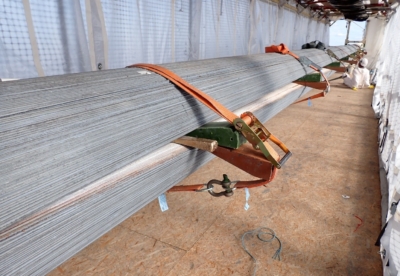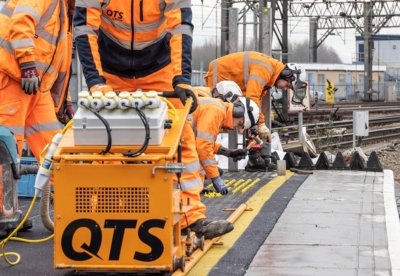An investigation by the House of Lords built environment committee said that the Government approach to modern methods of construction had been left in disarray after the high-profile failure of three major industry players.
The committee warned that while Category 1 (modular MMC) had clear benefits in the multi-rise market, it was still unclear whether it was more cost-effective than traditional building methods for typical two and three-storey homes.
The damning report said millions of pounds of public money has been invested, but the money has not been backed by a coherent strategy and set of measurable objectives.
The committee said it was concerned that the Government’s MMC Taskforce, which was allocated £10m and was expected to take forward work on data and standards, had never met.
It said the time had come for Government to step back and acquire a better understanding of how MMC works and develop a coherent strategy.
The inquiry on the future of modern methods of construction was established following the collapse and closure of several Category 1 MMC companies during 2022 and 2023. These included Ilke Homes, L&G Modular and Homes by Urban Splash.
Lord Moylan, chair of the Built Environment Committee, warned there were still real barriers to MMC, such as risk aversion on the part of warranty providers, insurance companies and insufficient clarity for building regulations.
However, the Government appeared to have made limited effort to understand and address these challenges, he said.
“Moderns methods of construction are successfully used to construct homes abroad and build high-rise and non-residential buildings in the UK, but this success has thus far eluded the building of MMC homes in meaningful numbers.
“In the context of an ageing skilled workforce and the need for greater building sustainability, MMC has shown some promise. We heard evidence that the Government couldn’t achieve its house building targets without a sizeable contribution from the MMC sector.
“Our inquiry found that the Government has not set out clear objectives for the funding it provided the MMC sector. Homes England has not given any clear metrics as to how success is to be measured and over what timescale.
“The Government needs to change tack. Simply throwing money at the sector hasn’t worked. If it wants to encourage MMC it must acquire a much deeper understanding of how it works, develop a clear strategy, and demonstrate leadership.”
Other key findings
- The committee heard contradictory evidence about whether MMC homes were more or less expensive to construct than traditionally built homes. Given the scale of public investment being made, the Government should ensure it is achieving value for money.
- The requirement to use MMC through the Affordable Homes Programme incentivised some housing associations to use MMC, but not enough to provide strong pipelines for Category 1 MMC businesses, given the high-costs claimed for MMC.
- Measuring the Government’s progress is difficult owing to a lack of data on MMC usage. The Government should publish data on the share of supported completions using MMC in the Affordable Homes Programme as soon as possible.
- The Government’s MMC Taskforce, which was expected to take forward work on data and standards, has never met. The Government should explain the justification for abandoning this approach and set out how the promised funding has been used or reallocated.
- Higher energy efficiency requirements could incentivise greater usage of MMC, particularly in Categories 1 and 2.
- The extensive time periods it can take to obtain warranties and the reticence of insurance providers to accept compliance with building regulations as sufficient has detrimental impact on the delivery of MMC homes. Warranty and insurance providers should act themselves to compile and share the data they need. The Government should set out this expectation clearly to the sector.
- The Government should take a greater interest in overseas examples of success with modular construction.





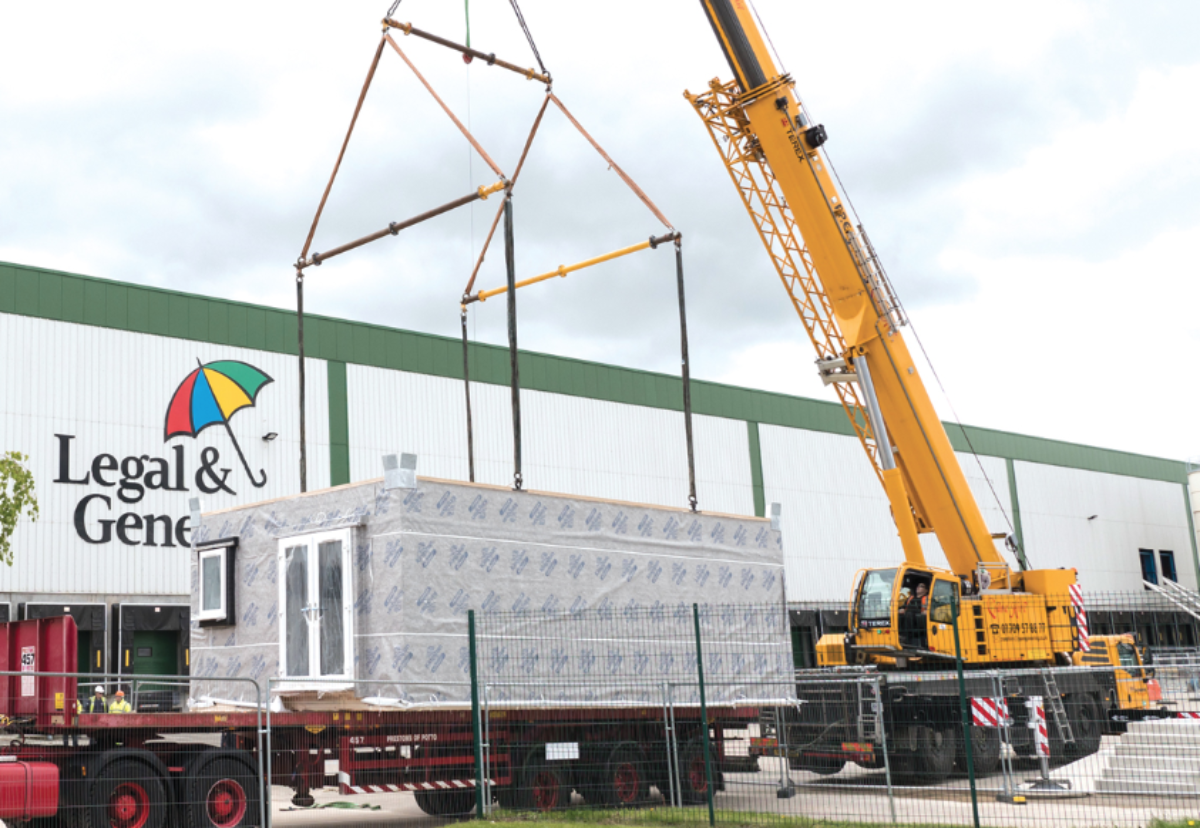






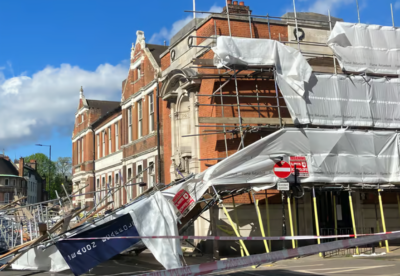
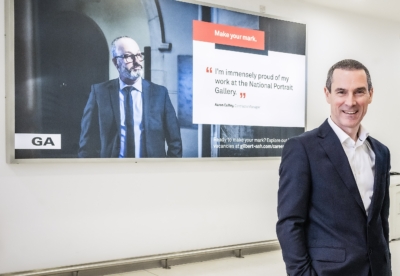





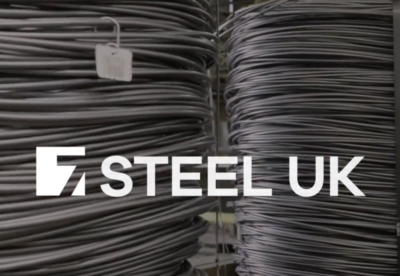
















 (300 x 250 px).jpg)



.gif)
